
Contributor
- Topics: Archive
The colorful cover of Attracting Native Pollinators draws the reader in with beautiful photographs and a succinct synopsis of the contents:
“Ensure pollination in your garden, orchard, or farm; identify flower-visiting insects of your region; provide host plants and nesting sites for bees and butterflies; and create a landscape that is beautiful, diverse, and pollinator friendly.”
The Xerces Society is a nonprofit organization whose mission is to protect wildlife through the conservation of both invertebrates and their habitats. The Society fills a critical gap on the gardener’s bookshelf with the publication of this unique book. Part three, alone, Bees of North America, is indispensable to any gardener interested in insects. Here, each bee family is described in a few paragraphs, accompanied by spectacular macro photographs that illustrate the key characteristics of each.
Attracting Native Pollinators includes an abundance of useful illustrations, including photographs, drawings, and charts. The authors remind the rusty gardener of the names of flower parts and cover a bit of basic entomology. They describe social behavior and natural history of native and honey bees, and devote another section to butterflies. Other pollinators, such as wasps, flies, and beetles are also considered. The authors offer a detailed approach to landscape design and land management practices that can sustain pollination by a diversity of insects.
The Xerces Society has created a reference for both gardeners and farmers that will satisfy both; it is packed with information and photographs that are otherwise hard to come by. No gardener who is serious about learning more about insects will want to be without Attracting Native Pollinators.
Established in 1971, the Xerces Society is at the forefront of invertebrate protection worldwide, harnessing the knowledge of scientists and the enthusiasm of citizens to implement conservation programs. With the publication of Attracting Native Pollinators, they will surely have sparked enthusiasm among home gardeners.
Frederique Lavoipierre, garden ecologist
Sebastopol, California
Share:
Social Media
Garden Futurist Podcast
Most Popular
Videos
Topics
Related Posts
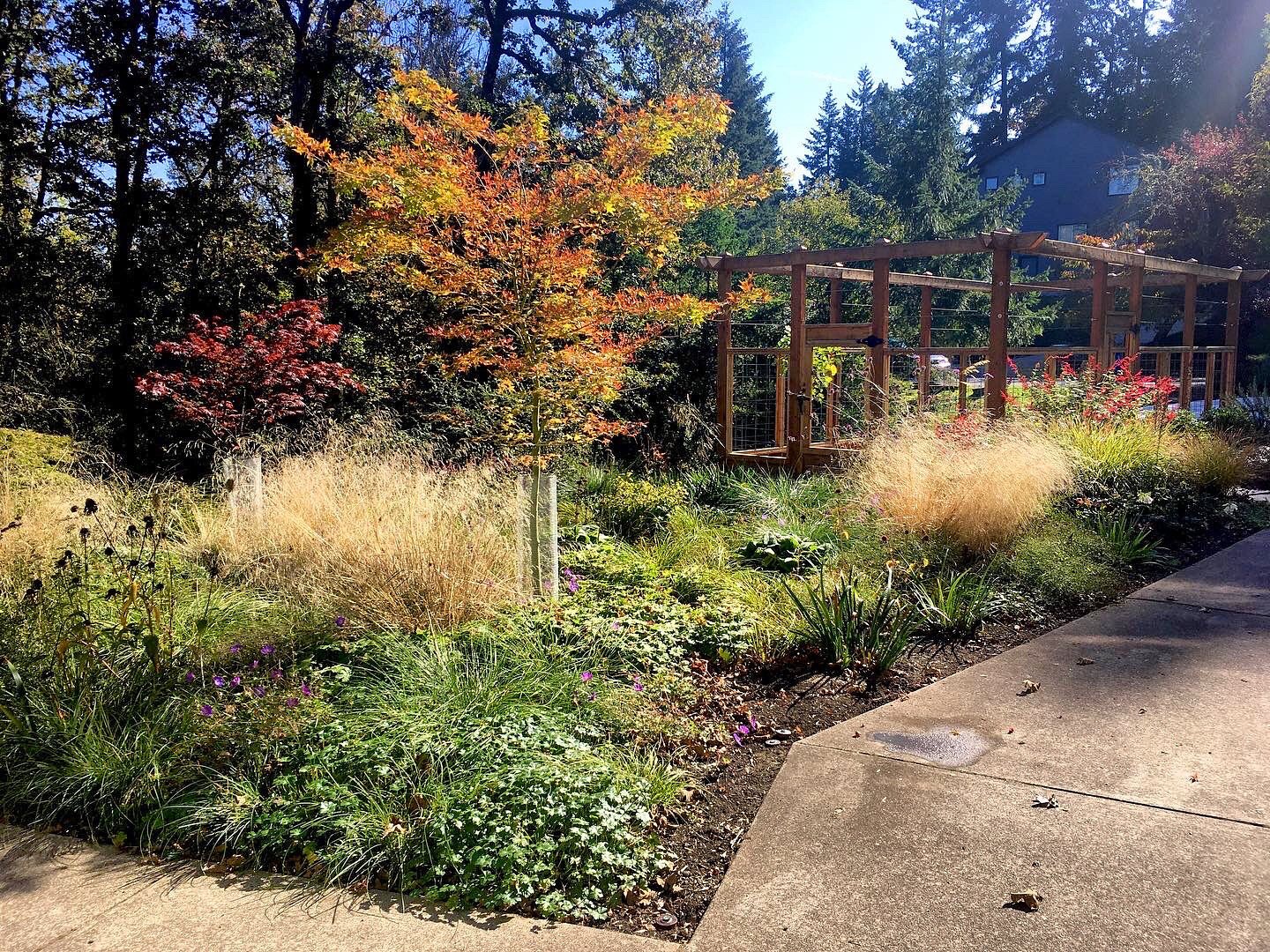
Low Maintenance Gardens – Better for Pollinators and People
Autumn 2022 “I come out every day. It’s therapy, my meditation.” Janet’s young garden transformed from overgrown, invasive plants to mostly natives. The dailiness of
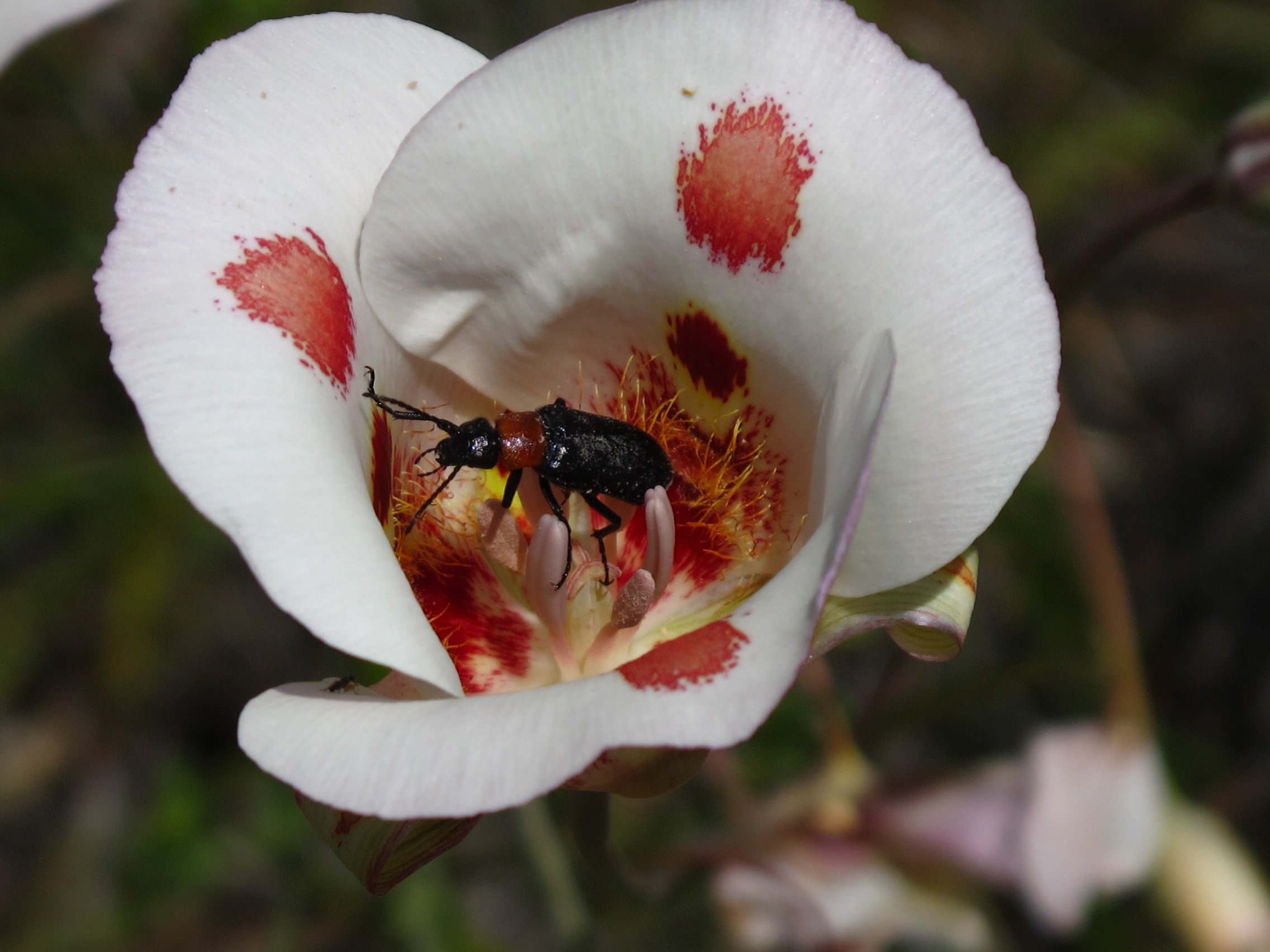
Calochortophilia: A Californian’s Love Affair with a Genus
Summer 2022 I can chart the progression of my life by Calochortus. For the last two decades, at least. As a teenage girl growing up
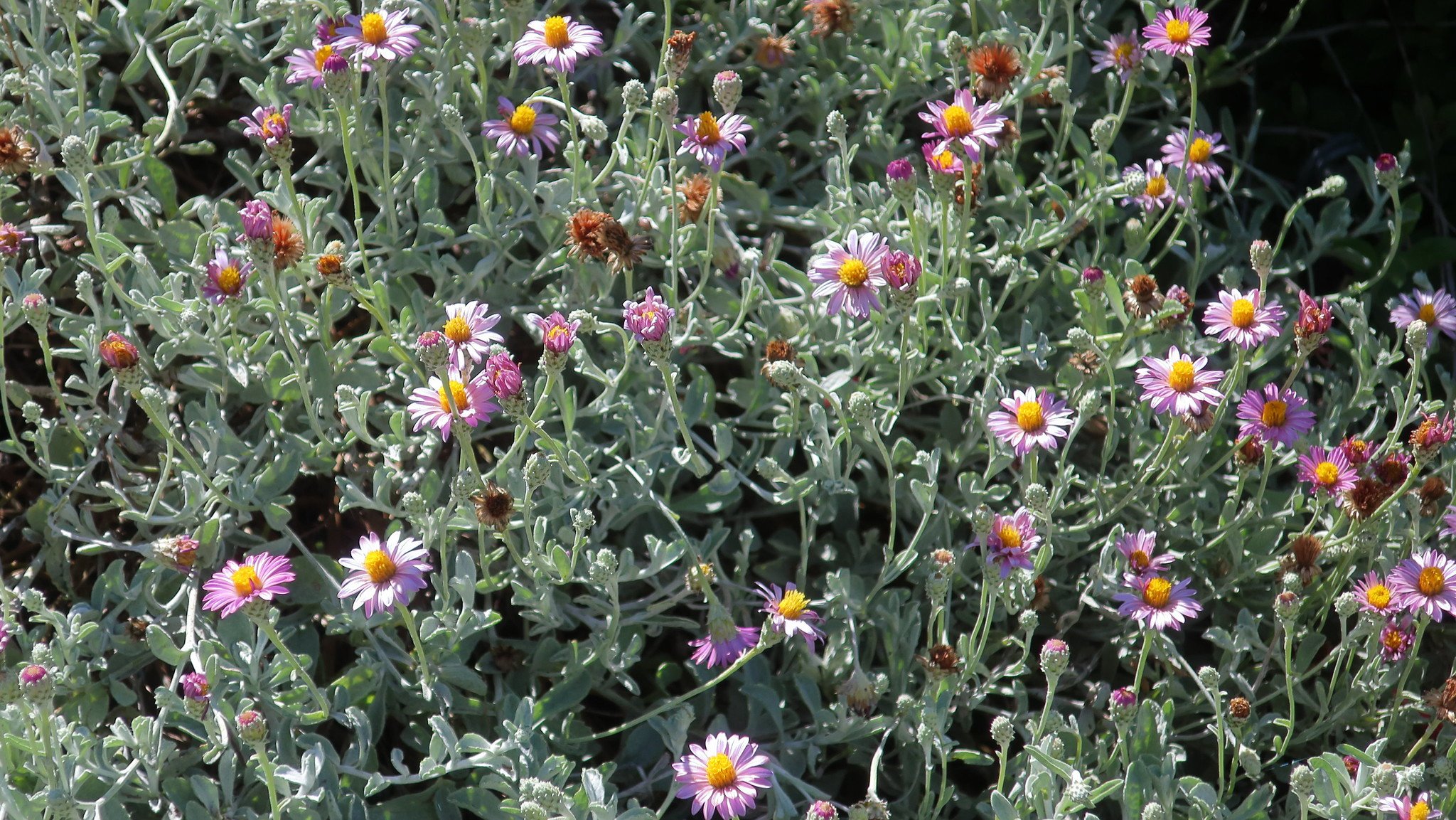
Pacific Plant People: Carol Bornstein
Spring 2022 Public gardens play a key role in demonstrating naturalistic planting design, selecting native and adapted plants for habitat, and testing techniques for reducing
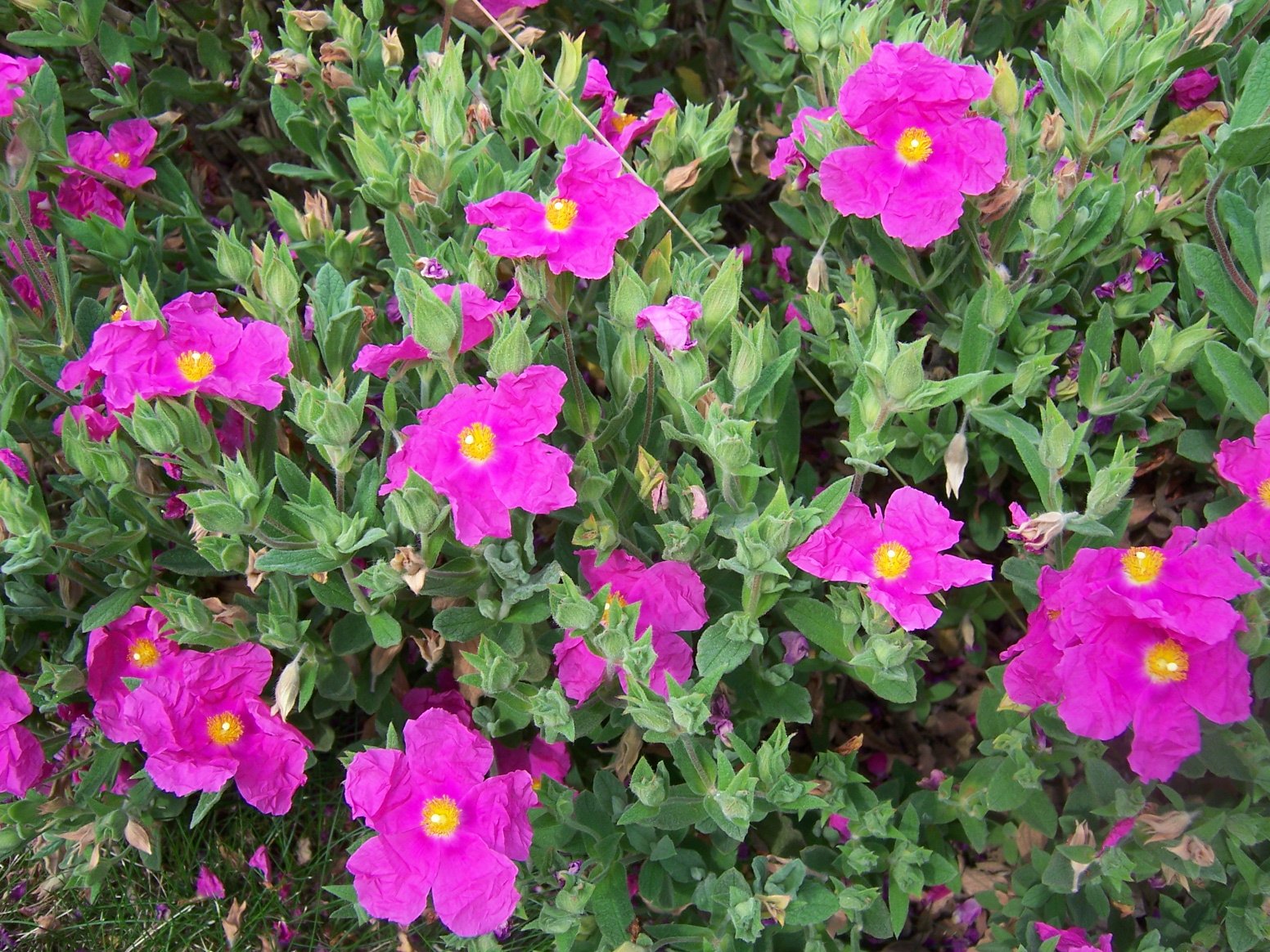
Add Year-Round Interest and Winter Blooms for Pollinators
Spring 2022 This article was created from an Interview by Merrill Jensen with Neil Bell in the Summer of 2021 for our Pacific Plant People




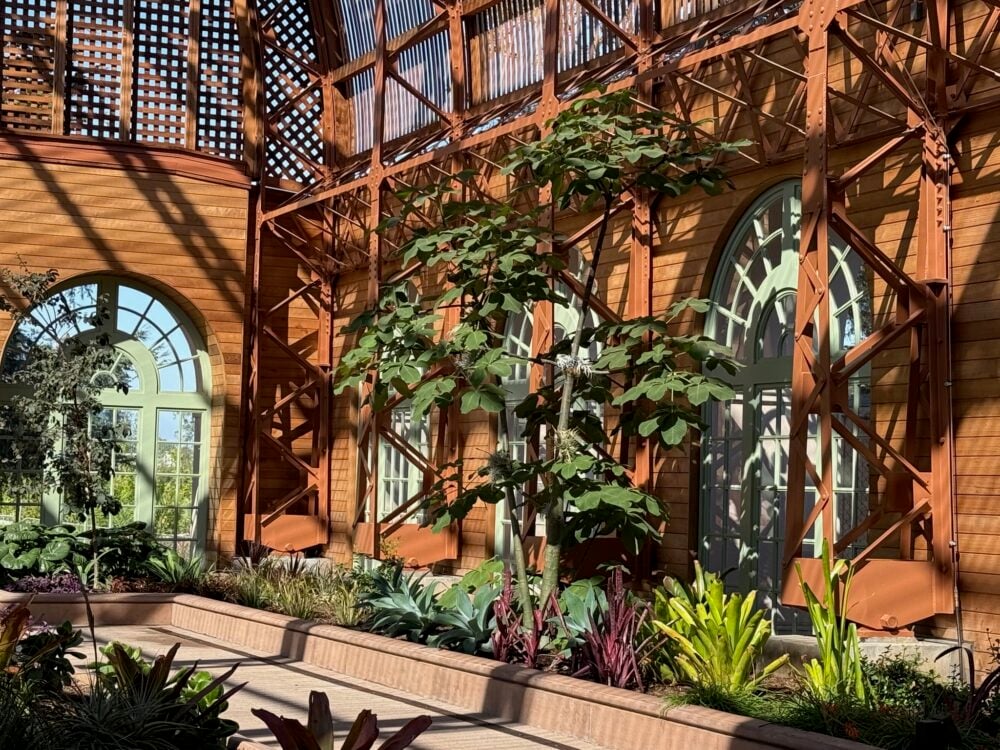



Responses